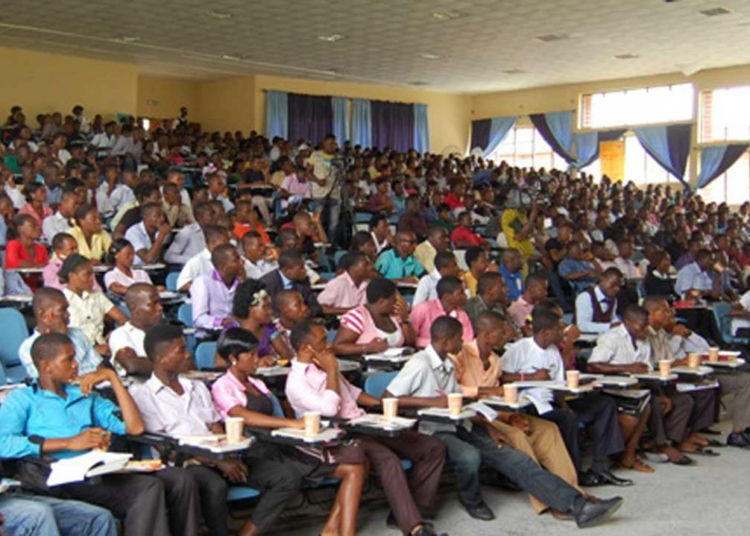In the early days of Nigeria’s university system, especially among the first generation of universities in the country, one can count the number of students graduating in the first- class category. It was a rarity for the simple reason that such an excellent performance is not meant for everybody given that standards, then, were high indeed and compare favourably with what obtained in developed countries.
It may be argued that in those days, the universities were few and the students even fewer. In that context, it is expected that such high-grade academic performance will be exceptionally few. In those days too, Nigerian representation in the faculties was not as outstanding as it is today. To that extent, students of such brilliance were encouraged to join the faculties as graduate assistants. Some universities were even generous enough to offer scholarships to those students to enable them to study abroad in the hope that they will come back to avail the institution of their services.
But as the years rolled by and the university system began to experience exponential expansion in the number of institutions and student enrolment without a commensurate upgrade of facilities let alone financing, the policy of retaining the first-class graduates began to take a distant back seat in the assessment of the authorities.
What made the case even worse was the mindless increase, in our view, of the number of students the universities confer such an honour on. The emergence of the private universities added a laughable dimension to a rather serious academic exercise. In no time, the grade, itself, began to lose value for a good number of reasons.
First, the quality of instructions in the universities, public and private, assumed a recognizable decline that made the grade literally less valuable. It is not just the quality of academic content but also that of the instructors themselves. Most of the universities do not have libraries where the students can do their research. The lecturers engage in self-publishing or what is known as selling of handouts most of which are wishy-washy lecture notes that are recycled every academic year by lecturers who are more interested in the pecuniary benefits and for students whose attention is diverted by other matters to know the difference.
Second, the commercialization of the academic environment beginning from the admission policy to the relation between students and their lecturers definitely put a question mark on the graduates pushed out each year. It is on record that in the universities, marks are up for sale. There are cases of sex for marks as well as cash for marks in what is euphemistically referred to as “sorting”. In situations like these, it becomes difficult to sieve the wheat from the chaff. The performance of these graduates, including the first-class and second class upper, at the workplace, often make employers wonder at the degeneration that is ongoing. Add the fact that for most of the academic year, the lecturers are on one form of industrial action or the other, then a system in rot becomes easily evident.
In the good old days, these categories of graduates are snapped up by foreign agencies for post -graduate academic pursuit. How many foreign institutions still accept Nigerian graduates for post-graduate studies even with their first-class?
For the avoidance of doubt, this newspaper is not out to denigrate this class of graduates. Indeed, there are still some serious-minded students who work really hard to earn it. But they are few and they eventually find their level even in the pervasive confusion.
The point to be made, in our considered opinion, is that first-class, as an academic goal, has lost its weight in gold. The universities, unfortunately, know this. Because they are contributing in bringing down the value of the grade. It is alleged that there are amounts set aside for the grades. Just pay and you have it.
In our opinion, all hope is not lost in any effort to stem the tide of degradation. It requires a comprehensive overhaul of the entire university system beginning with the restoration of the value of merit in the academic system.
It is not arguable that the universities deserve better funding. It is also true that the lecturers ought to be paid well. But these are not enough reasons to justify the corruption in the system that is threatening to bring down the entire academia.The government, on its part, should begin to put measures in place to restore the glory that once was noticeable in the university system.
The students on their part, should also know that universities are formation centres, apply themselves appropriately and refuse the easy way-out which sorting provides. It is only then will the Nigerian university certificates, not just the first-class or whatever, be taken seriously. The time for action is now.





